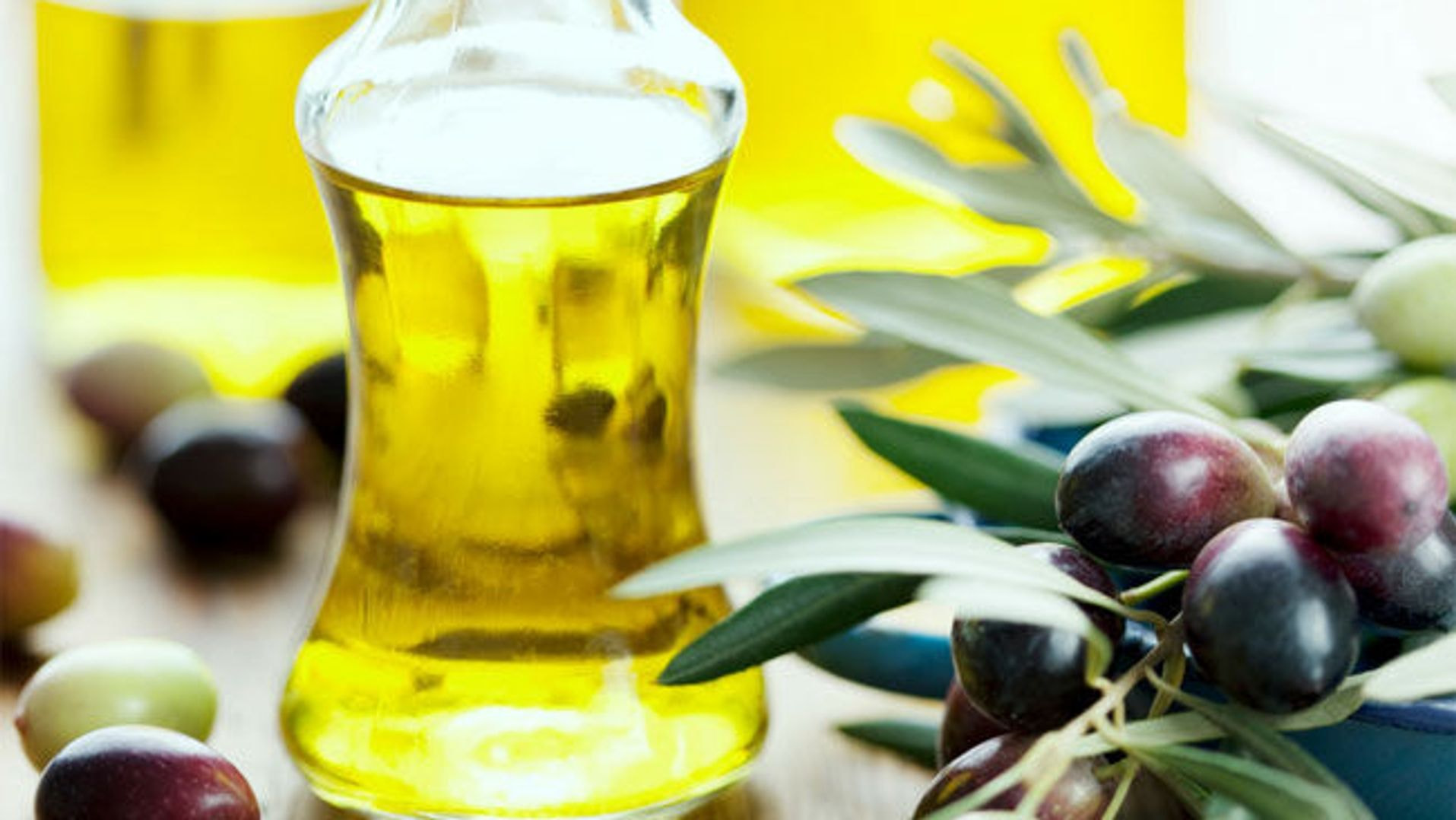Olive Antioxidant Launched In Highly Concentrated Form

Spanish functional oils company Genosa has launched a new line of products based on what it claims is the most concentrated form available of the olive polyphenol, hydroxytyrosol. Two Spanish firms are currently working on the first products to contain the ingredient.
The ingredient, said to be more than 99.5 per cent pure thanks to a patented manufacturing process, could be added to a variety of different foods to boost their antioxidant and disease-fighting potential, says the Malaga-based firm.
Hydroxytyrosol is thought to be the main antioxidant compound in olives, and believed to play a signficant role in the many health benefits attributed to olive oil. Research by a team from the University of Barcelona found that LDL or 'bad' cholesterol levels could be cut substantially after consuming just 25 millilitres of virgin olive oil daily for one week. Other studies have suggested that it could also protect against cancer.
But Genosa says its Hytolive brand hydroxytyrosol offers consumers the opportunity to gain the health benefits of olive oil, without having to consume huge quanities.
"By adding 50mg of Hytolive to an orange juice for example, the consumer gets the benefits equivalent to consuming two to three kilos of oil," Carlos Pena, general manager told NutraIngredients.com.
He added that it has a neutral taste and is very versatile, offered in a range of forms, from powders to fat-soluble variants. Applications could include dairy products, oils and spreads, chocolates, drinks and cereals, as well as food supplements and cosmetics.
Two Spanish companies are already working on new products containing Hytolive, expected to launch next year, but the product could also have potential in markets, such as northern Europe and the US, which do not traditionally consume olive oil. A regularly consumed food containing Hytolive would offer the olive oil benefits without requiring a change in eating patterns.
Consumers wishing to cut down on fat consumption would also benefit from such foods, as olive oil has higher saturated fat than most other vegetable oils.
The potential for free radical scavenging activity in Hytolive, extracted from the waste water of olives, is higher than many other commonly used antioxidants, such as ascorbic acid and even green tea. Tests to measure its ORAC value, a commonly used indicator of antioxidant potential, found it to be 39.8 umol/mg compared to 4.36 umol/mg for ascorbic acid.
"Hydroxytyrosol is a very simple molecule and our body absorbs it very well," added Pena. He said that results have shown it to have bioavailability of between 75 and 95 per cent, depending on its form.
Sales of olive oil have boomed in recent years, partly owing to the marketing of its health benefits. Consumption in the UK, for example, has risen from 6,800 tonnes in 1990/91 to an estimated 34,000 in 2003/04, according to the International Olive Oil Council. It has a key role in the much vaunted Mediterranean diet, which is thought to lower the risk of heart disease, the world's biggest killer and target of one of the fastest growing functional food categories.
